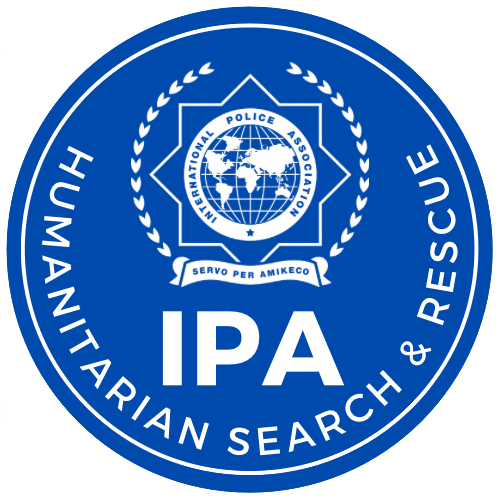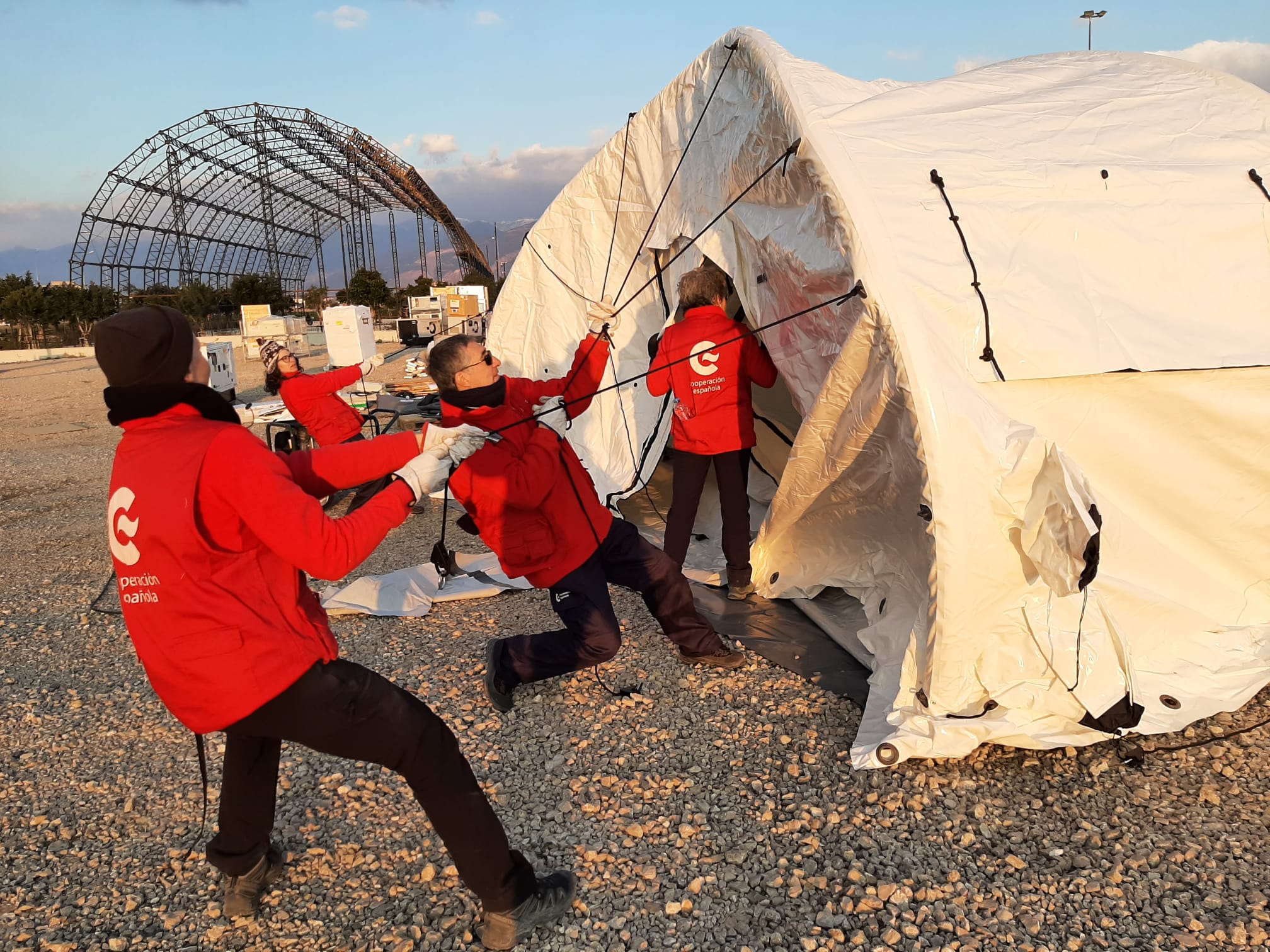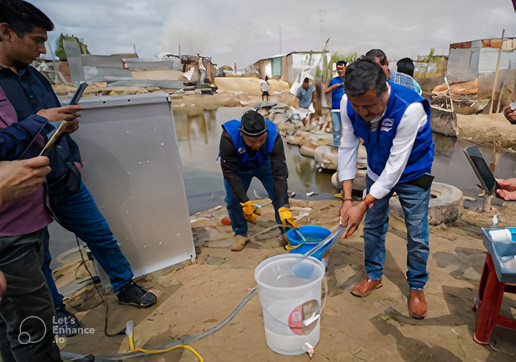Post-mission
Crucial after an earthquake for recovery and reconstruction
The post-mission phase is crucial after an earthquake for recovery and reconstruction. Various activities are carried out at this stage to help affected communities. Some of these activities may include:
Damage and Needs Assessment: Determine the immediate needs of the affected population, including food, shelter, medical care, drinking water and sanitation.
Rescue and Medical Care: Provide emergency medical care and evacuation services for the injured.
Humanitarian Aid Distribution: Distribute emergency supplies such as food, water, medicine and basic necessities to affected people.
Temporary Housing and Rehabilitation: Establish temporary shelters for those who have lost their homes. Initiate rehabilitation projects to rebuild or repair damaged homes and structures.
Psychosocial Support: Provide psychological support and counseling to people affected by the earthquake, including survivors, families and rescuers. Implement community mental health programs.
Coordination and Collaboration: Coordinate efforts between government agencies, non-governmental organizations, international organizations and volunteers.
Recording and Documentation: Make a detailed record of damage, response actions and distribution of aid for future reporting and learning. Document lessons learned to improve preparedness and response to future disasters.
These activities are critical to the long-term recovery and reconstruction of earthquake-affected communities. Effective collaboration and coordination between diverse actors are key to a successful response.
Regarding our work teams such as IPA-HSAR, the implementation of this part will be carried out in a later phase once the other work teams are fully operational.
Do you have any doubt? Contact us
Promoting community awareness through meetings dedicated to our Unity.


